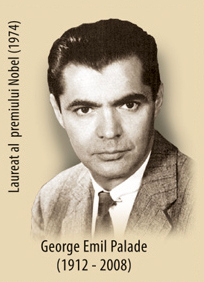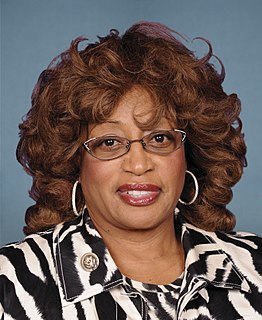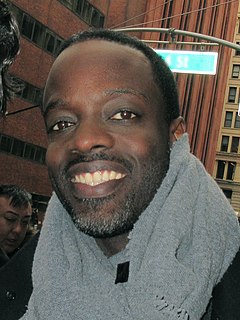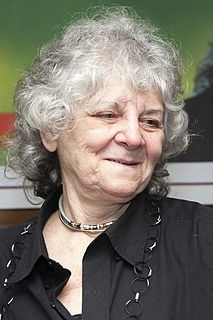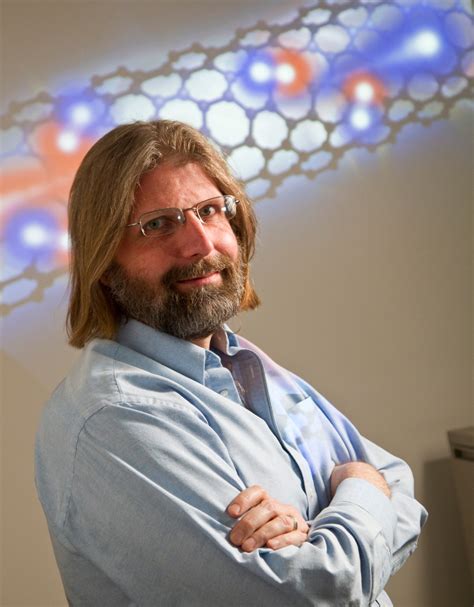A Quote by Mark Walport
Medical engineering is one of the areas in which the traditional 'silo' structures of university disciplines have not encouraged collaboration.
Related Quotes
In 1973, I left the Rockefeller University to join the Yale University Medical School. The main reason for the move was my belief that the time had come for fruitful interactions between the new discipline of Cell Biology and the traditional fields of interest of medical schools, namely Pathology and Clinical Medicine.
Shiv Nadar University has five schools with 16 departments offering 14 undergraduate, 10 master's and 13 doctoral programmes. The demand for engineering courses - computer science, engineering, electronics, communication engineering, mechanical engineering - is slightly on the higher side compared to other engineering courses.
Many of those in the medical fraternity instantly label treatments in the traditional, natural or holistic health fields as quackery. This word is even used to describe Traditional Chinese Medicine and the Indian Ayerveda, two medical systems which are far older than Western medicine and globally just as popular.
Traditional society was more like a set of concentric circles of meaningful structures, while modern man must learn how to find meaning in many structures to which he is only marginally related. In the village, language and architecture and religion and work and family customs were consistent with one another, mutually explanatory and reinforcing. To grow into one implied a growth into others.
I got into medical school at the University of California in San Francisco and did well. A lot of smart kids in medical school, and believe me, I wasn't not nearly the smartest one, but I was the most focused and the happiest kid in medical school. In 1979, I graduated as the valedictorian and was honored with the Gold Cane Award.
Jobs offshoring began with manufacturing, but the rise of the high-speed Internet made it possible to move offshore tradable professional skills, such as software engineering, information technology, various forms of engineering, architecture, accounting, and even the medical reading of MRIs and CT-Scans.

